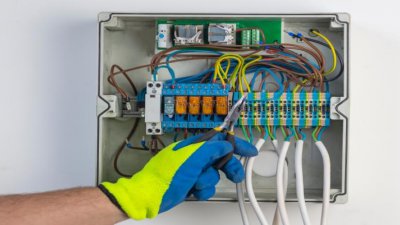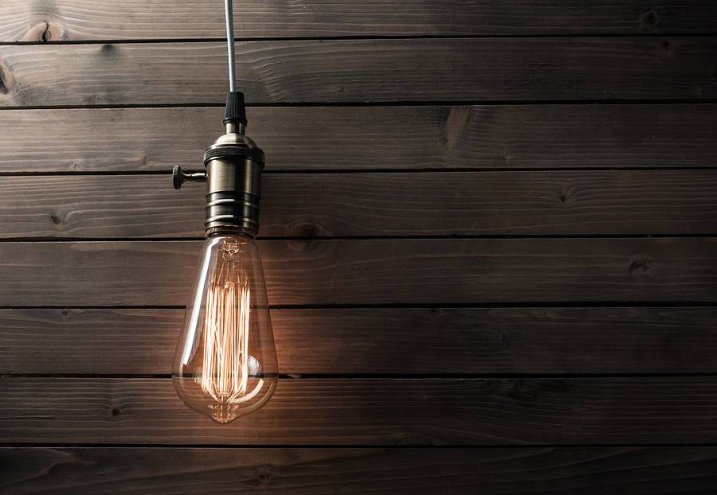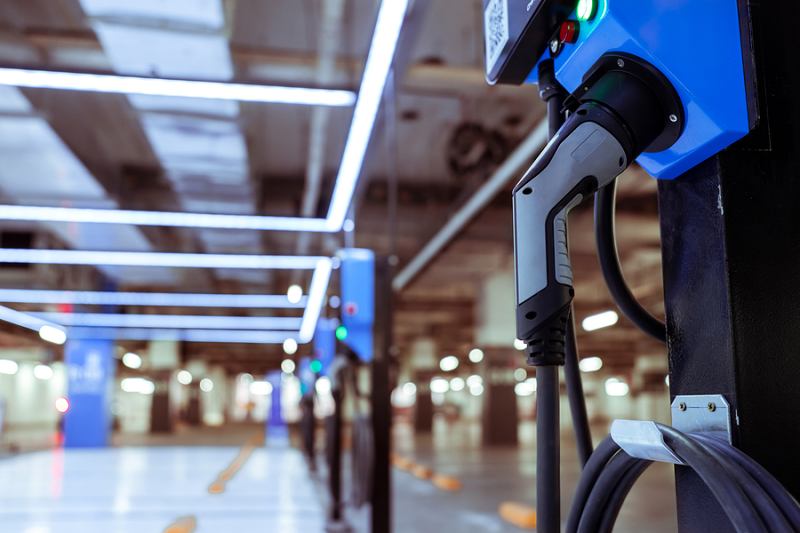


24-Hour Emergency Electricians in Fort Worth, TX
Call this Saturday to Get 15% OFF
Need an electrician?
Schedule NowRequest Electrical Service Now
817-585-2993
As electric vehicles (EVs) become increasingly popular, more and more homeowners are considering installing EV chargers in their residences. While the prospect of having a convenient and reliable charging station at home is enticing, it's essential to ask the right questions and consider various factors before proceeding with the installation. Here are some key inquiries to make when contemplating an EV charging station installation, emphasizing the importance of consulting with electricians or specialized EV installers.
Before installing an EV charger, it's crucial to assess your home's electrical capacity. EV chargers typically require a dedicated circuit with sufficient amperage to handle the charging load. Consult with a qualified electrician to determine if your electrical panel can accommodate the additional load and whether any upgrades or modifications are necessary.
There are different types of EV chargers available, including Level 1, Level 2, and DC fast chargers. Level 1 chargers use a standard household outlet and provide a slow charging rate, while Level 2 chargers offer faster charging speeds but require professional installation. DC fast chargers, typically found in public charging stations, provide rapid charging. Consider your charging needs, budget, and available space to determine which type of charger suits you best.
Determining the optimal location for your EV charger is crucial. Consider factors such as proximity to the electrical panel, accessibility for your vehicle, weather protection, and the availability of a dedicated parking spot. Consulting with an EV installer or electrician can help you identify the most suitable location for your charging station.
Before installing an EV charger, it's essential to research local regulations and requirements. Some areas may have specific guidelines for charger installations, and permits may be necessary. Our EV installers at Mr. Electric, with knowledge of local regulations, can guide you through the permitting process and ensure compliance with all necessary codes and standards.
If you plan to install multiple EV chargers or anticipate future installations, it's crucial to assess your electrical system's capacity. Adding multiple chargers will increase the load on your electrical panel, so it's vital to consult with an electrician to ensure that your panel and wiring can handle the additional demand safely.
Many regions offer incentives or rebates for residential EV charger installations. These incentives can help offset the installation costs and make the process more affordable. Research local government programs or utility company initiatives to see if you qualify for any financial assistance.
While some homeowners may have the necessary electrical knowledge to install an EV charger themselves, it's generally recommended to hire a qualified electrician or specialized EV installer for a proper EV charging station installation in Euless. They have the expertise and experience to ensure a safe and reliable installation, handle any necessary upgrades or modifications, and navigate local regulations. Additionally, hiring a professional can provide peace of mind and help avoid potential issues down the line.
Installing an EV charger in your home requires careful consideration and planning. By asking the right questions and consulting with electricians or specialized EV installers, you can ensure a smooth and successful installation process. Evaluate your electrical system's capacity, choose the appropriate charger type, determine the best location, research local regulations, explore available incentives, and consider hiring a professional to assist you. With a well-thought-out approach, you can enjoy the convenience and benefits of charging your EV at home while promoting a greener future.